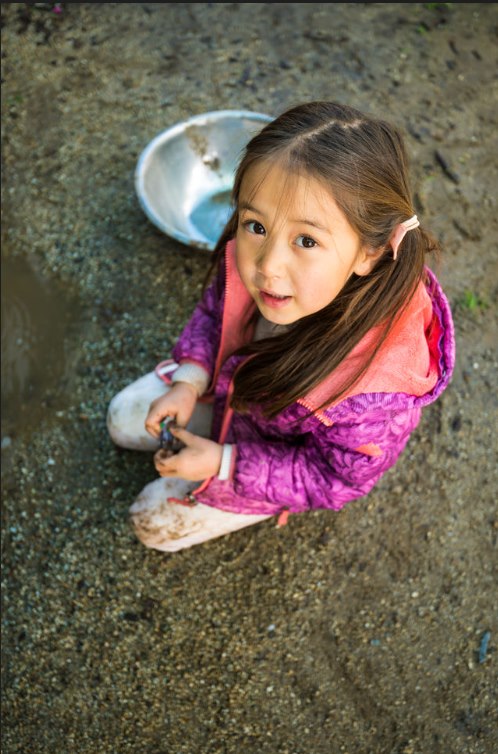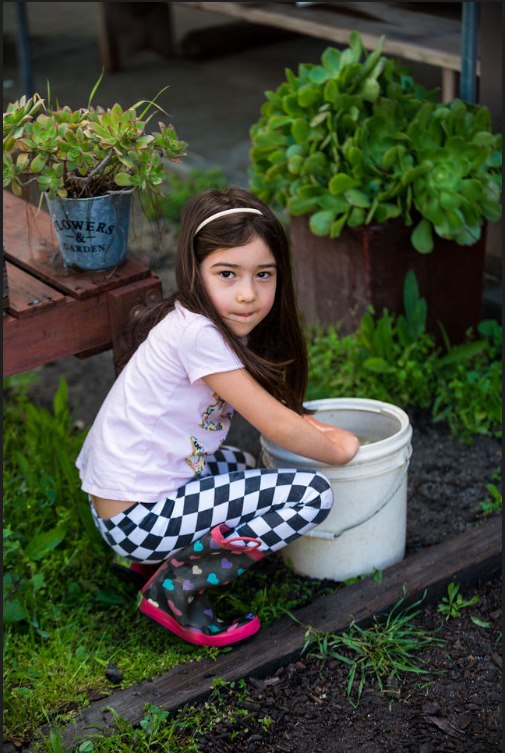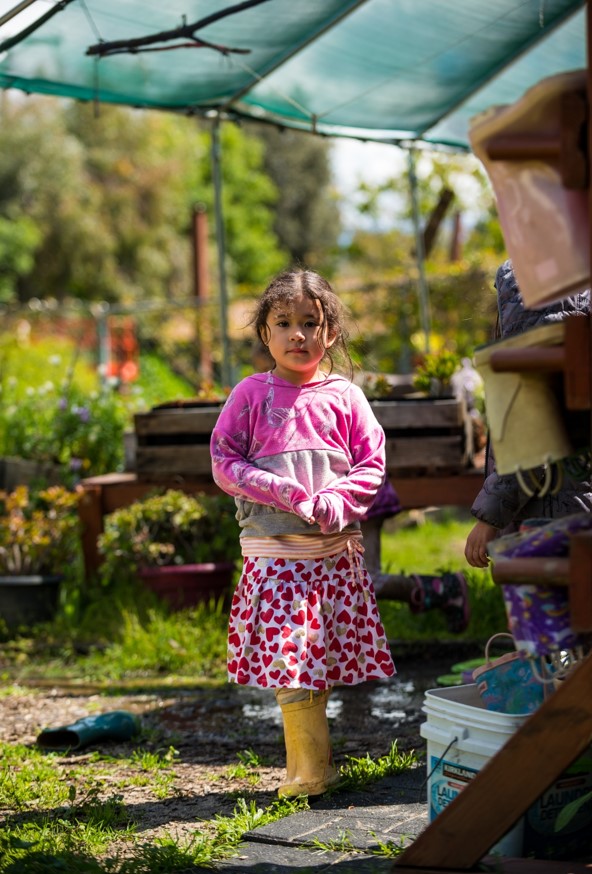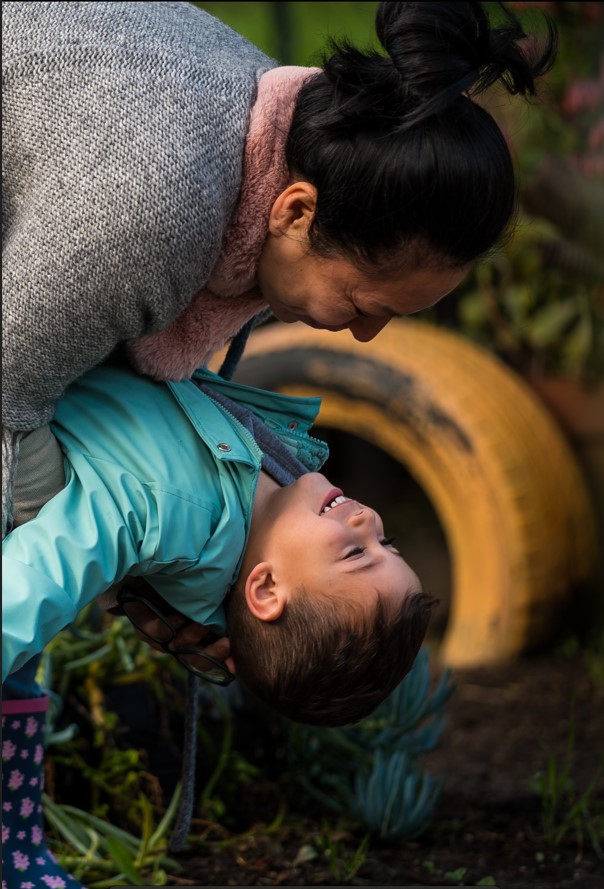What is the best age for beginning to teach my child a second language?
Ages 6 months to 4 years are the optimal age for beginning to acquire a second language. Children who receive early intensive exposure to two languages can quickly and almost effortlessly acquire both languages simultaneously. At young ages, children can grasp a new language in the same way as they acquire their first language and won’t translate from their first language, as do older children. Young bilingual children have a linguistic and a cognitive advantage over monolingual children (they develop more synapses in the brain and are cognitively more flexible).
Will teaching a second language confuse them? How will I know if it is a positive thing for my child?
Teaching your child a second language won`t confuse them unless they have a language disability. Do not be concerned if your child mixes two languages while in the process of learning a second language, that is to be expected. Not all children exposed to a second language, however, will acquire it well or at the same pace. That is because not all children have a facility for learning a new language easily. Of course, girls usually develop language skills before boys, so if your boy is still not interested in playing language games at 3, it doesn`t necessarily mean that he won`t be able to pick up a second language. No matter how linguistic a child may be no harm can be done by exposing them to other languages during early childhood!
How can I expose my child to another language?
For young children, exposing them to a new language needs to be done in a natural and fun manner with materials that are designed for use with young children. Having a playmate who speaks another language is an excellent way to expose your child to a new language. Do you have a neighbor or know another family who speaks another language and has a child near your child’s age? Arrange play dates or take turns caring for each other’s child in your own home. A bilingual school program can also offer this language exposure in a natural environment where everyone speaks it. Listening to music in the targeted language helps children develop an interest and fun, catchy becomes happy & comfortable about learning the second language.
How can I teach my child a second language if I don’t speak much of it?
Even if you don’t speak the language, you can provide your child with rich language input and you can learn along with your child until he/she gets to a point where they are ready for more complex language at age 5. Just because parents are bilingual doesn’t mean that they will raise bilingual kids—one needs to be intentional about it and kids need to be interested to continue speaking the language after they enter school. You can check out materials from the public library or purchase and download audio CDs, software and/or DVDs to show at home, if you desire to continue the language exposure at home. I personally do not recommend showing videos before age three.
Does bilingual education put a child at a disadvantage if they have never had exposure to the language before?
Placing an English-speaking child in a bilingual program would best be done in Preschool or kindergarten, thus giving him/her an advantage. A child entering a Foreign Language-immersion program in 2rd grade or higher may be very difficult for the child to ‘catch up’ to his peers who began the program in preschool or kindergarten. Many studies have been conducted on this topic and all the studies have concluded that placing an English-speaking child in a bilingual program at a young age in an English-speaking country serves as an enrichment; it never inhibits the child’s learning to read and write in English. Unless the child has a language or learning disability, he/she will easily keep up in English because it’s spoken at home and the child is literally surrounded by English through the media and in the community.
The reality is that more and more English-speaking parents are interested in their children learning a second language now more than ever, especially with the importance of international trade and companies doing business overseas with their own factories or through outsourcing. Parents realize that the job market is tough and they want their children to have an “edge” in the competition.
Is there any “Spanglish” spoken by teachers in the preschool?
No. Research shows that complete language immersion is important to acquisition at a young age. Span-glish is never used.
How will my child understand what is going on in class?
Young children learning a second language will learn similiarly to the way they learned their first language. The teacher will use hand and body cues, stories, inflection, facial signals, songs, games, and fun to make clear what is being conveyed. Children learn to explore and examine their surroundings and environment. In a short time, they catch on to what is being communicated. Young children do not have the same inhibitions that older people tend to have while learning. They are natural mimics and have little fear of making mistakes; they absorb the second language much more naturally and with less hesitation than an older child or adult might.
Is any prior exposure or knowledge of the second language required?
No. We assume children coming to our class are being exposed to second language immersion for the first time. However, we welcome and encourage children who have some prior knowledge of a second language – they tend to be natural tutors and helpers to the other kids!
Do we, as parents, need to know how to speak the second language?
No. The teachers instruct your child with proper pronunciation, grammar, and accent. Of course, having reinforcement at home is always an advantage, but children with little or no reinforcement of the second language at home are usually just as successful in immersion programs as those with native speakers at home. Parents often enjoy learning the second language at the same time as their children. Most parents observe that the younger students quickly surpass adults in their learning curve.
How much of the second language will my child retain/remember?
It is difficult to quantify exactly how much a child will retain since each child is unique in his/her language development. However, studies have shown that exposure to foreign language at a young age aids in learning a second or third language at adolescence and adulthood. The familiarity with the second language will also help them to “pick it up again” at a later age. It is highly recommended that children attend a Spanish Immersion program for elementary to continue the target language learning.



